News
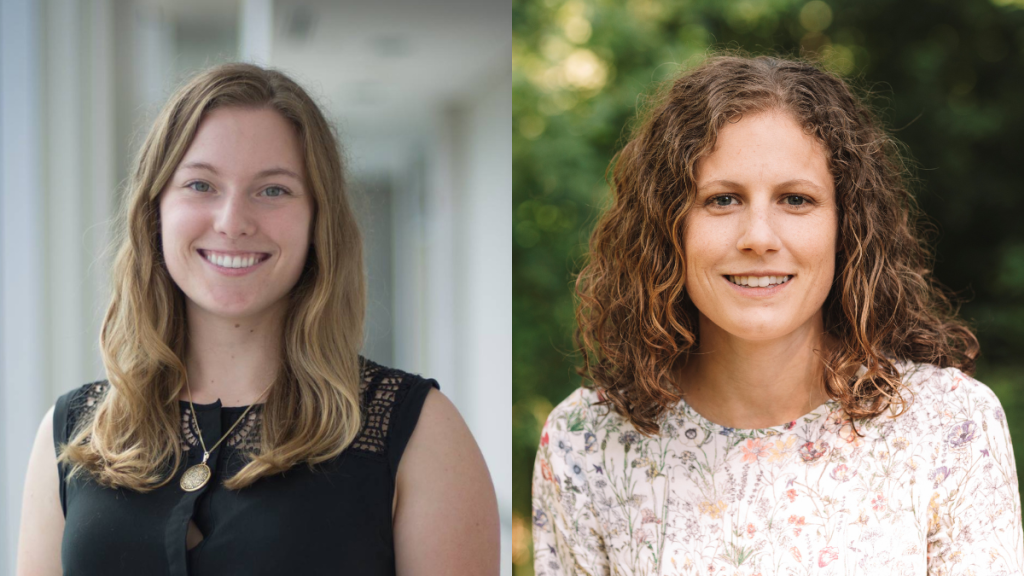
World Tuberculosis Day: How EPIC researchers at U of T are making an impact
Members of the University of Toronto’s Emerging and Pandemic Infections Consortium are working to tackle TB from multiple angles, from creating better vaccines to gaining a deeper understanding of TB’s financial toll on patients and families.
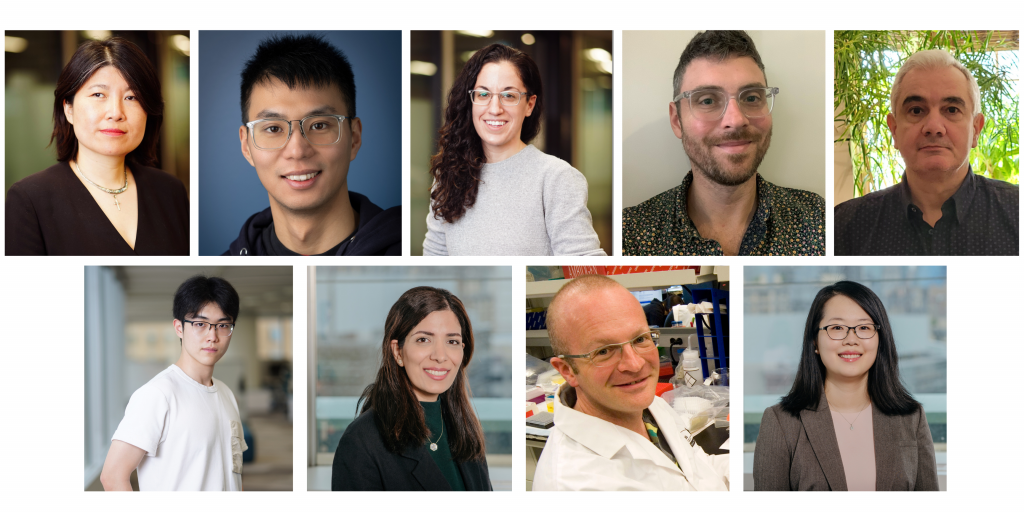
Polygenic Risk Score Grant Winners Announced: Advancing Genomic Medicine Through Innovative Research
The Data Sciences Institute (DSI) is pleased to announce the recipients of the DSI-McLaughlin Centre Polygenic Risk Score Grant competition. This grant, created in partnership with the University of Toronto’s McLaughlin Centre and the Dalla Lana School of Public Health, aims to support emerging research and build capacity in the field of polygenic risk score studies. Polygenic risk scores enable researchers to use multiple genetic factors to estimate an individual’s genetic risk for complex diseases, providing important information for predicting, preventing and treating diseases.

AI could develop cancer treatments in less than a month
In less than a month, researchers from University of Toronto’s Acceleration Consortium, in partnership with Insilico Medicine, have designed a potential treatment for hepatocellular carcinoma (HCC), an aggressive and common form of liver cancer that claims approximately 700,000 lives each year. The study is the first to use AlphaFold — an AI-powered protein structure database — in an end-to-end AI drug discovery platform called Pharma.AI.
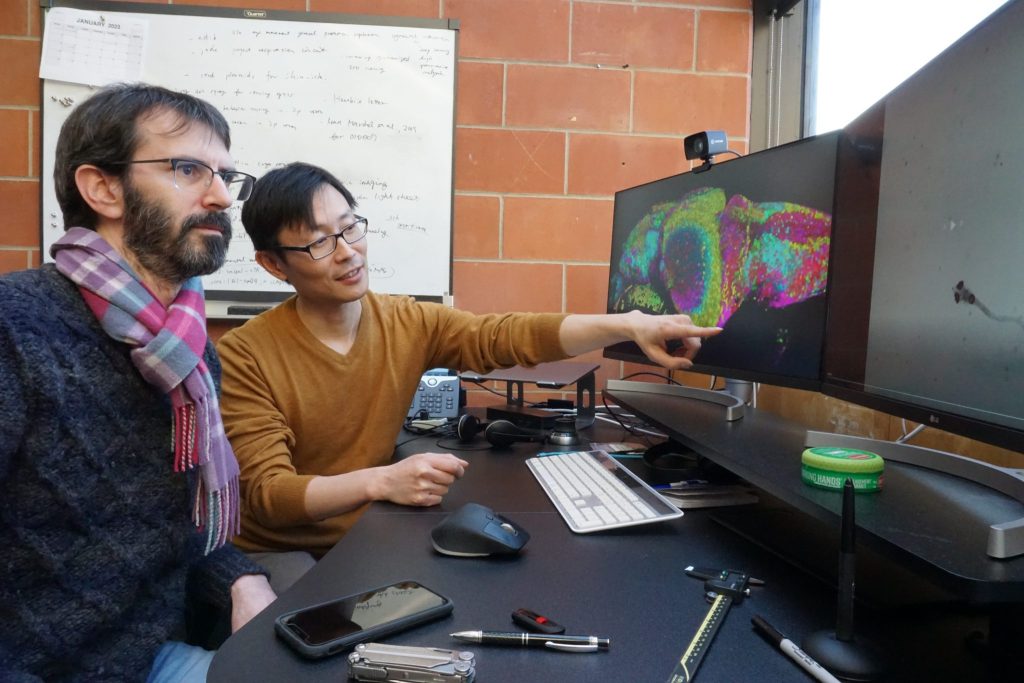
Revolutionizing Neuroscience with DSI Catalyst Grant: UTSC Professors Harness the Power of Machine Learning
Professors Guillaume Filion and Minoru Koyama, DSI members from the University of Toronto Scarborough’s Department of Biological Sciences, are advancing neuroscience with an innovative approach through the help of the Data Sciences Institute Catalyst Grant. Their work repurposes technology found in Google Translate and DeepL to translate images of brain activity into movements, offering a powerful understanding of the relationship between the brain and behaviour.
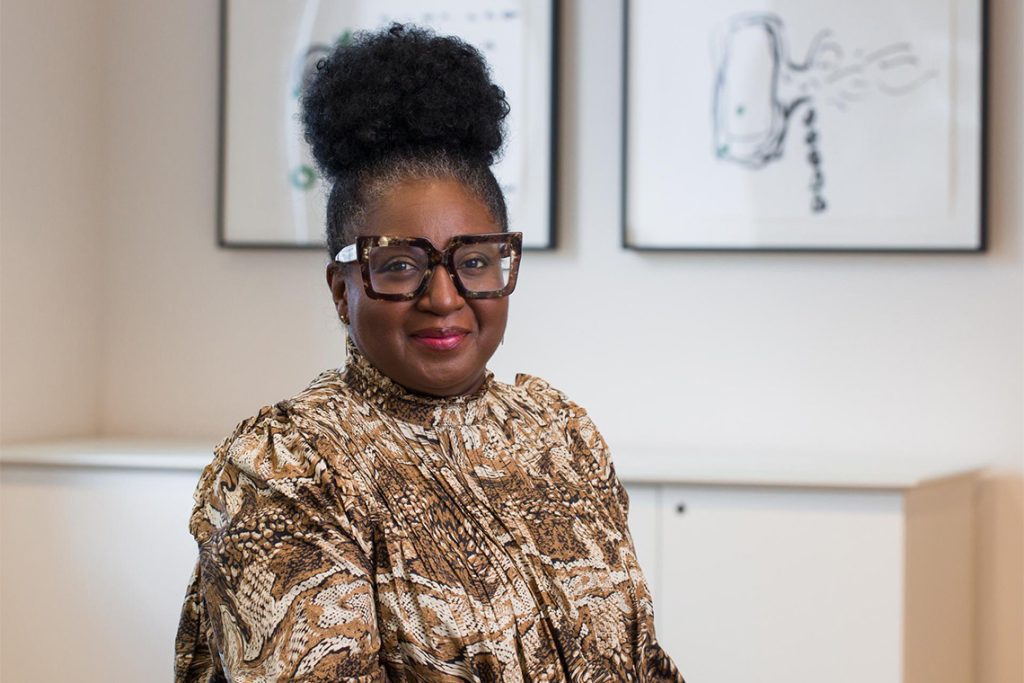
With support of Connaught award, U of T researchers to tackle health disparities in Black communities
A new research project, which will receive $250k through the inaugural Connaught Major Research Challenge for Black Researchers, will support Black health equity research across U of T’s three campuses. “We have researchers across U of T doing excellent work, but much of it is being done in silos,” says Notisha Massaquoi, an assistant professor in the department of health and society at U of T Scarborough and member of the BRN who will lead the project.
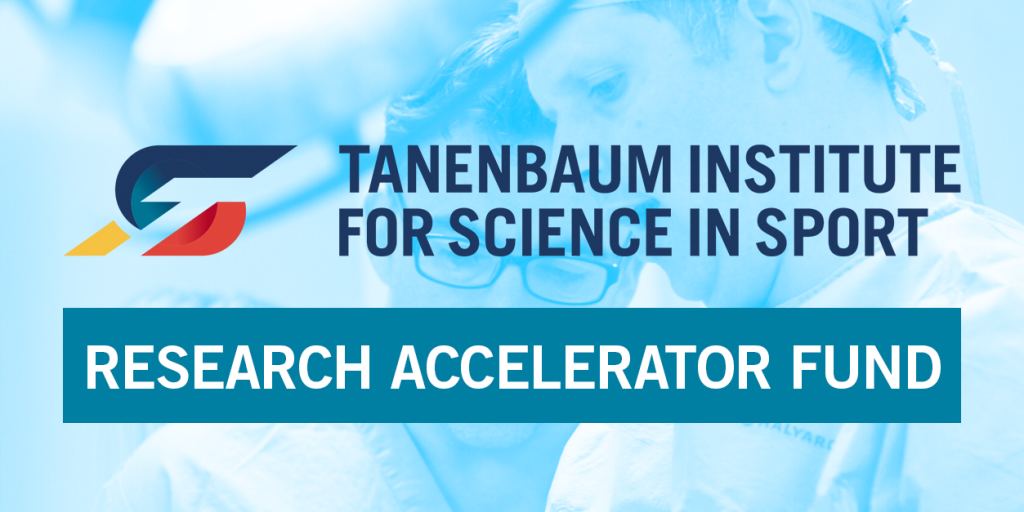
Tanenbaum Institute for Science in Sport (TISS) launches call for Research Accelerator Funding
The Tanenbaum Institute for Science in Sport (TISS) is pleased to announce its inaugural 2023-2024 call for funding support for research project proposals. Project proposals from a wide range of disciplines are welcomed and there is a portion of the funding that is specifically designated for projects related to sports analytics, modeling and data science research within sport. LOI Submission Deadline: April 09, 2023
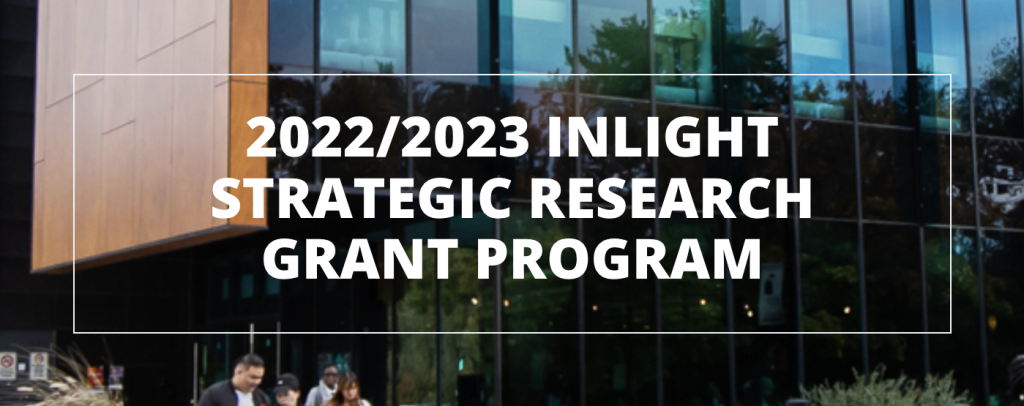
Inlight Strategic Research Grant Program - Equity, Diversity, Inclusion, Accessibility and Indigeneity (EDIAI)
Inlight has launched a Strategic Research Grant call to support student mental health and wellness research that aims to advance understanding and impact of the intersectionality of Equity, Diversity, Inclusion, Accessibility and Indigeneity (EDIAI) on student mental health and wellbeing at the University of Toronto. Deadline: March 29, 2023
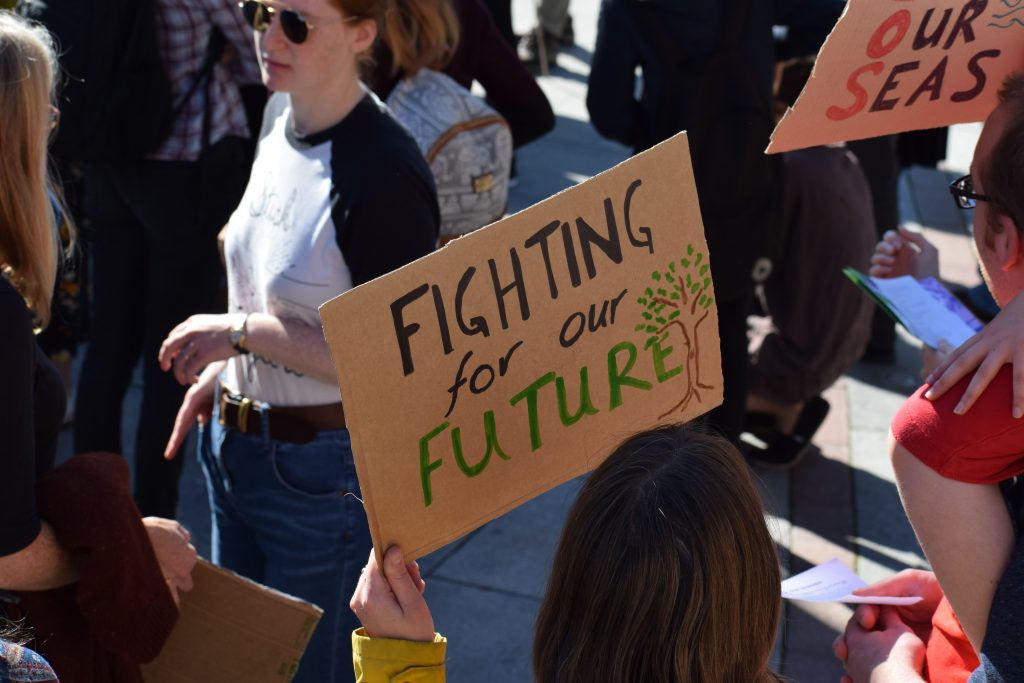
U of T's Climate Positive Energy initiative to partner with City of Toronto on youth-led leadership in climate action
The Climate Positive Energy initiative, is partnering with the City of Toronto’s Environment and Climate Division to lead the development of a city-wide youth engagement strategy. The work will enable youth-led leadership with an equity lens in climate action in Toronto, supporting the implementation of the city’s TransformTO Net Zero Climate Action Strategy.
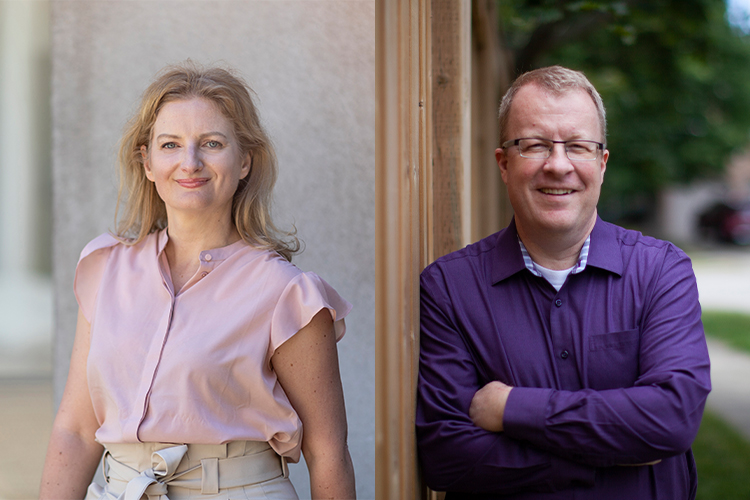
U of T home to new hub that will strengthen Canada’s pandemic preparedness and increase biomanufacturing capacity
A new national hub focused on enhancing Canada’s ability to respond quickly, effectively and equitably to future pandemics has become a reality with $2 million in funding from the Canada Biomedical Research Fund.
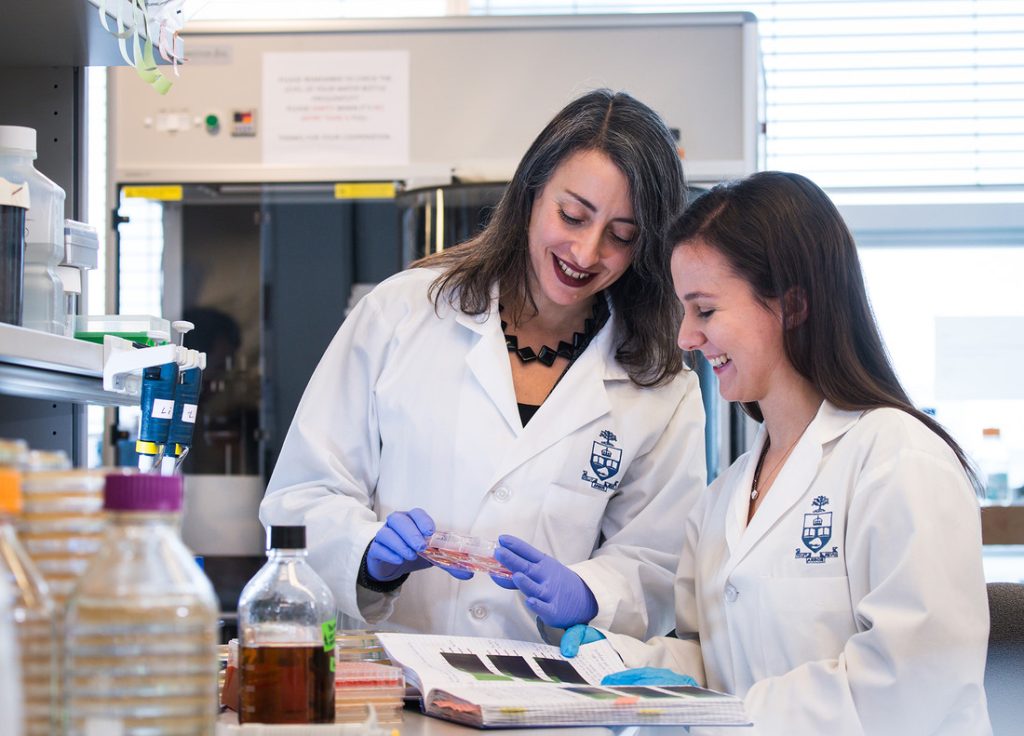
Canada’s opportunity in the future of genomics
One of U of T’s strengths lie in human genomics, which is supported by top-ranked faculty and researchers, anchored by a strong network of affiliated hospitals and medical research centers. Together, this network continues to advance frontiers of knowledge in critical areas of genomics including genetic susceptibility to disease, personalized medicine, machine learning for biomedical data, and more. Innovation hubs like the Emerging and Pandemic Infections Consortium (EPIC), Precision Medicine Initiative (PRiME), Medicine by Design, and the Structural Genomics Consortium are part of a network of high-impact interdisciplinary research centres that leverage areas of focus such as infectious disease, regenerative medicine, cell therapy, drug discovery, open science and more.

U of T’S Inlight initiative hosts webinar on equitable student mental health research
February 2023’s Global Speaker Series event will focus on exploring equity, diversity, and inclusivity in student mental health research. The University of Calgary’s Kome Odoko and U of T’s Jenny Hui will be speaking at the event about student mental health, discussing research findings, and answering questions about equitable student mental health research. Camisha Sibblis, assistant professor of Criminology, Law and Society at U of T and associate director of Education and Training at Inlight, will be moderating the talk.
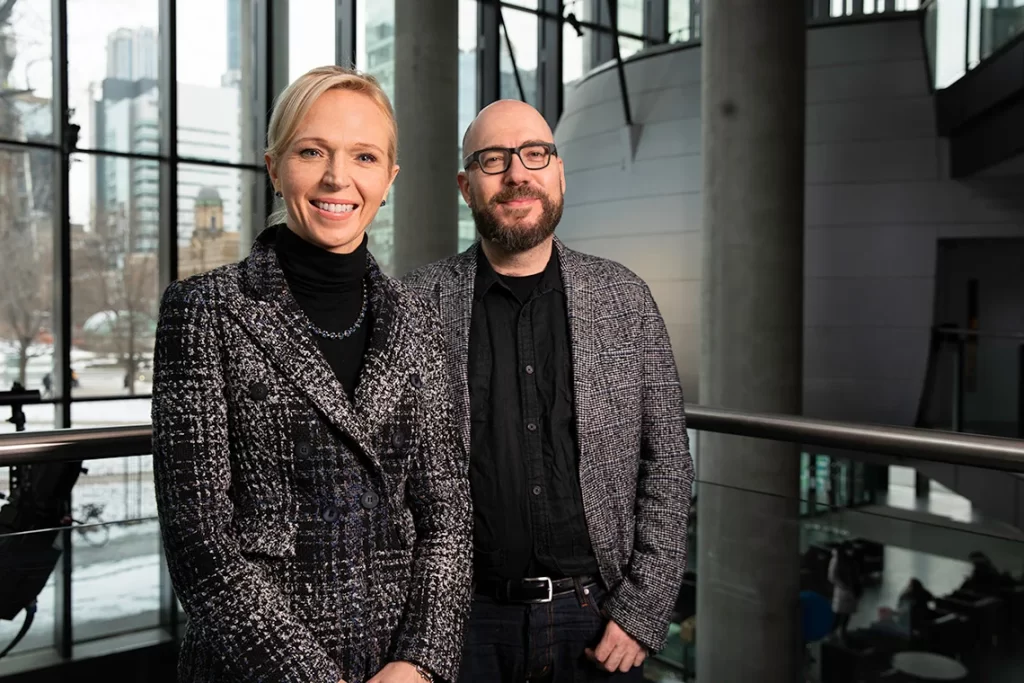
U of T scientists use AI to fast-track drug formulation development
In a bid to reduce the time and cost associated with developing promising new medicines, U of T scientists have successfully tested the use of artificial intelligence to guide the design of long-acting injectable drug formulations. The study was led by Profs. Christine Allen and Alán Aspuru-Guzik.
